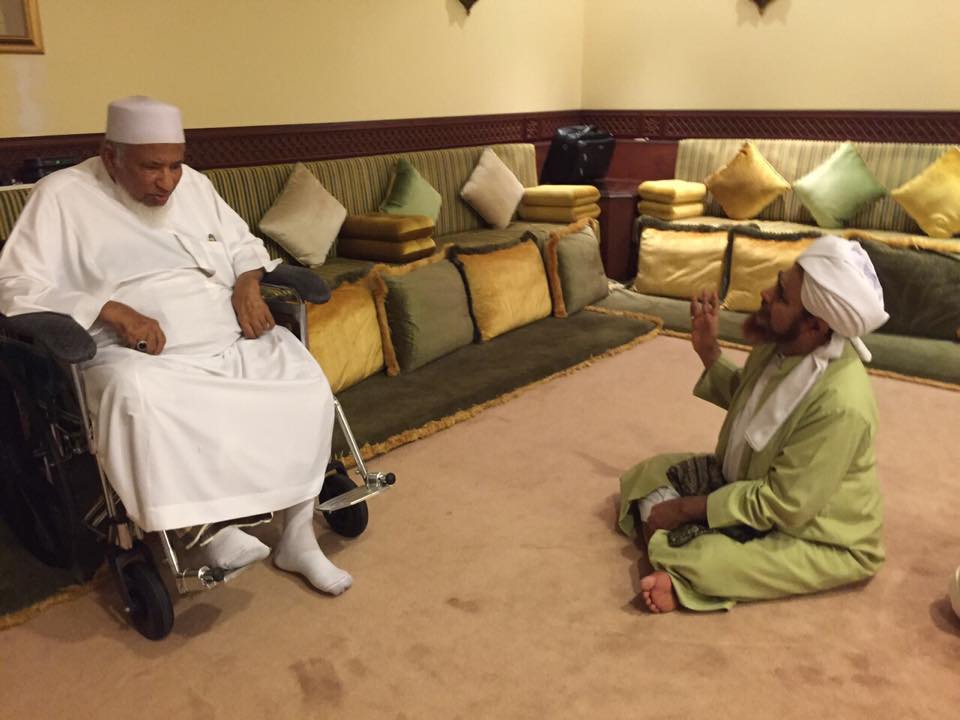Answered by Sayyidi Habib Umar bin Hafiz (may Allah protect him and benefit us by him)
Should those involved in dawah take part in protests which condemn things like police brutality or the oppression of the Palestinian people?
Oppression must be condemned whatever form it takes as long as this does not lead to greater oppression or some other kind of evil. Demonstrations are a normal means of expression in our day and age and they are given political importance. Ordinary people are free to get involved in such protests if they wish, but the role of those involved in dawah is to clarify the Islamic position on such matters. They should not be directly involved in protests because this may have political and social implications and may lead them to neglect aspects of their dawah. Making sincere tawbah, returning to Allah and pleading with Him will have more impact.










